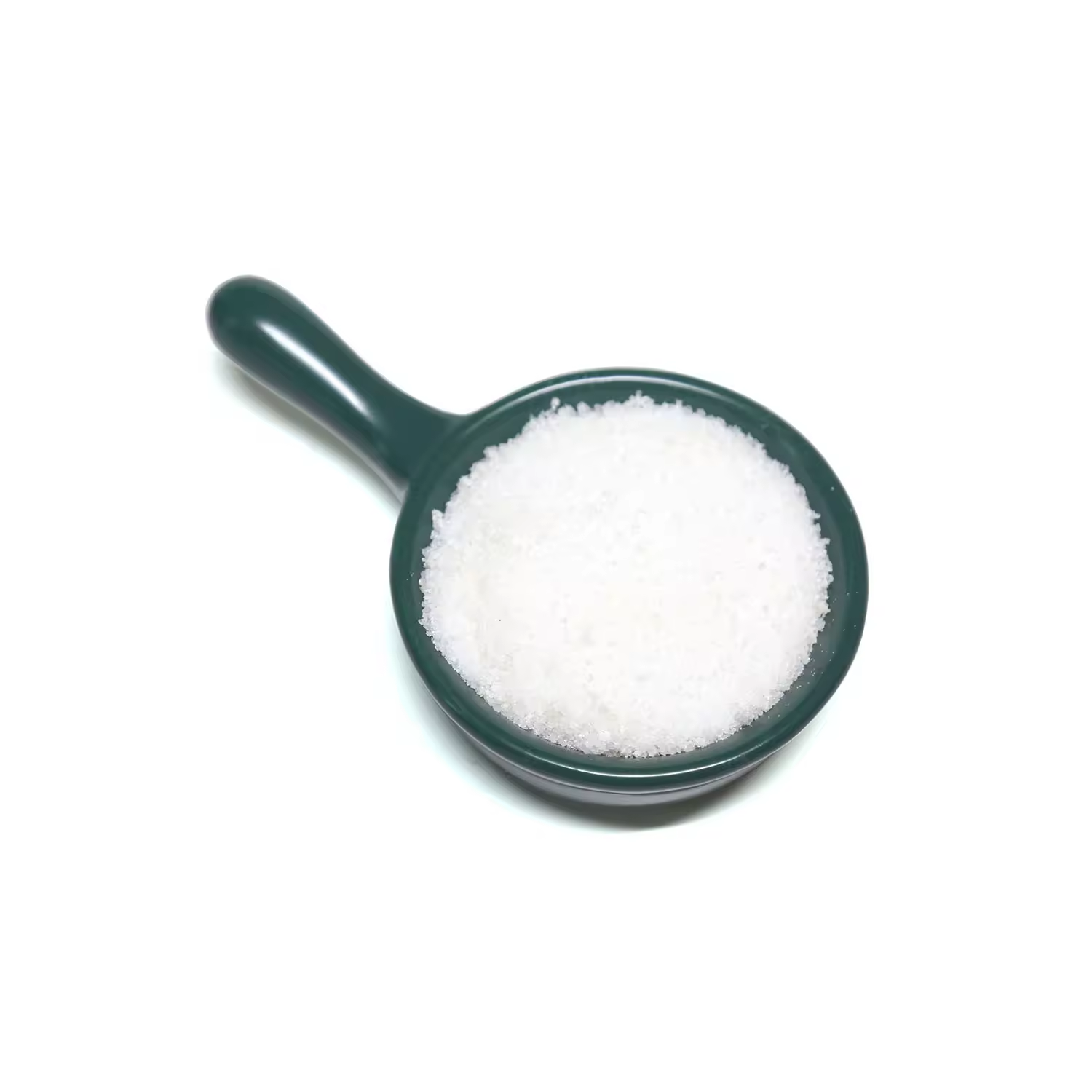-
Categories
-
Pharmaceutical Intermediates
-
Active Pharmaceutical Ingredients
-
Food Additives
- Industrial Coatings
- Agrochemicals
- Dyes and Pigments
- Surfactant
- Flavors and Fragrances
- Chemical Reagents
- Catalyst and Auxiliary
- Natural Products
- Inorganic Chemistry
-
Organic Chemistry
-
Biochemical Engineering
- Analytical Chemistry
-
Cosmetic Ingredient
- Water Treatment Chemical
-
Pharmaceutical Intermediates
Promotion
ECHEMI Mall
Wholesale
Weekly Price
Exhibition
News
-
Trade Service
Title: The Applications of 9-(1,1-bipheny)-4-yl-3-(4-broMophenyl)carbazole in the Chemical Industry
Introduction:
9-(1,1-bipheny)-4-yl-3-(4-broMophenyl)carbazole, also known as BPC, is a synthetic compound that has garnered significant attention in recent years due to its unique properties and versatile applications.
This article will explore the various industrial applications of BPC, including its use in the production of pharmaceuticals, polymers, and other chemical products.
- Pharmaceuticals:
One of the most promising applications of BPC is in the field of pharmaceuticals.
BPC is an efficient phosphorescent material, which means that it can be used in the development of new drugs that can be visualized through imaging techniques such as fluorescence.
This makes it an ideal material for developing new cancer treatments, as it can be used to track the delivery of chemotherapy drugs to tumors in the body.
Additionally, BPC has also been found to be effective in the treatment of various neurological disorders, as it can cross the blood-brain barrier and target specific neural receptors. - Polymers:
BPC is also an important component in the production of polymers.
These polymers are often used in the manufacturing of electronic devices, such as solar cells and OLED displays.
This is because BPC has excellent thermal and photostability, which makes it an ideal material for use in high-performance electronic devices.
Additionally, BPC-based polymers have also been found to have excellent fluorescence properties, which makes them ideal for use in bio-imaging applications. - Other Chemical Products:
BPC is also used in the production of a variety of other chemical products, including agrochemicals and fragrances.
BPC-based agrochemicals have been found to be effective in the control of plant pests and diseases, while BPC-based fragrances are widely used in the perfume and cosmetic industries.
Conclusion:
In conclusion, 9-(1,1-bipheny)-4-yl-3-(4-broMophenyl)carbazole is a versatile compound that has a wide range of industrial applications.
Its unique properties make it an ideal material for use in the development of new pharmaceuticals, polymers, and other chemical products.
As research into BPC continues, it is likely that its applications will continue to expand and bring about new advancements in the chemical industry.







